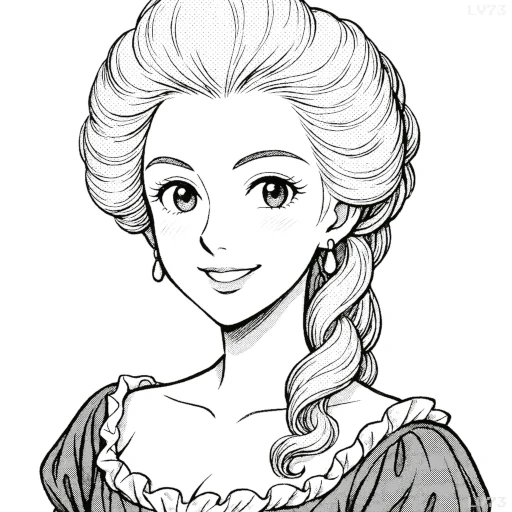“You have doubtless heard, my dear mother, the misfortune of Madame de Chartres, whose child is born dead. But I would rather have even that, terrible as it is, than be as I am without hope of any children.”

- November 2, 1755 – October 16, 1793
- From the Duchy of Austria, Holy Roman Empire
- Queen
table of contents
Quote
“You have doubtless heard, my dear mother, the misfortune of Madame de Chartres, whose child is born dead. But I would rather have even that, terrible as it is, than be as I am without hope of any children.”
Explanation
This deeply emotional quote reveals Marie Antoinette’s personal anguish surrounding her struggles with motherhood. At the time, there were numerous rumors and public concerns about her inability to produce heirs, which led to criticism and pressure from the French court and the people. The mention of Madame de Chartres, who has suffered the loss of a child, highlights Marie Antoinette’s sorrowful recognition that, while such a tragedy is unbearable, she would prefer the pain of losing a child to the emptiness and hopelessness she felt in her own childlessness. The pain of infertility, especially in a royal context, was not only a personal sorrow but a political crisis, as the monarchy’s legitimacy depended on the continuation of the royal line.
Marie Antoinette’s words also underscore the cultural and societal pressures placed on women, particularly queens, to bear children, especially male heirs. This quote suggests a contrast between the personal loss of a child and the broader, more public suffering of a woman who feels inadequate because she is unable to fulfill this expected role. The sadness she expresses may also reflect her sense of failure in not meeting the demands placed upon her by both her royal duty and her role as a wife and mother.
In a modern sense, this quote can resonate with those who experience the pain of infertility or miscarriage, as it reflects the emotional complexities of desiring children and the grief of being unable to have them. It also touches on the wider theme of societal expectations, especially for women, and how they often face personal struggles that are amplified by the weight of public scrutiny. This timeless sentiment speaks to the universal human experience of longing for what one cannot attain and the deep emotional toll that such unfulfilled desires can bring.
Would you like to share your impressions or related stories about this quote in the comments section?

